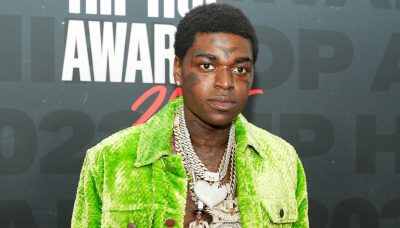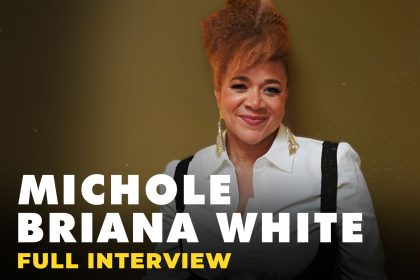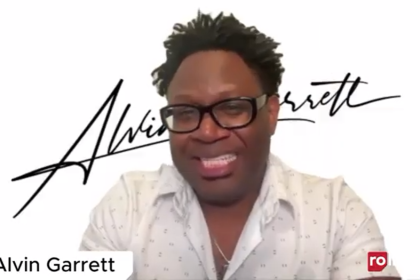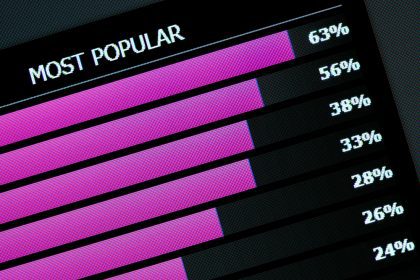During a recent Instagram Live session, Baton Rouge rapper Boosie Badazz sparked intense discussion after sharing his candid thoughts about current tax rates and his expectations for a potential Trump presidency. The artist’s comments quickly went viral, drawing attention to both his financial concerns and his apparent misunderstanding of current tax legislation.
Breaking down Boosie’s tax complaints
The rapper expressed strong frustration with what he perceives as excessive taxation, claiming that for every $1 million earned, $350,000 goes to taxes. He further argued that spending $100,000 results in losing half of one’s money, a statement that reflects his concerns about the current financial climate.
The reality of current tax laws
Financial experts note that Boosie’s comments reveal a common misunderstanding about current tax legislation. The tax code he criticizes was actually established under Trump‘s administration in 2017 and remains in effect until 2025, regardless of who occupies the White House. This misconception highlights the complexity of tax policy and the importance of accurate financial information.
Legal troubles amplify financial concerns
Boosie’s tax grievances come amid significant legal challenges. The rapper faces a federal gun case after being re-indicted earlier this year, just weeks after having a previous charge dismissed. The situation has led him to publicly request a pardon from Trump, emphasizing his status as a non-violent felon and expressing frustration with the justice system’s handling of his case.
The intersection of entertainment and economics
Industry analysts point out that Boosie’s situation highlights the complex relationship between entertainment figures and financial literacy. His comments reflect a broader trend of artists grappling with financial management while navigating the entertainment industry’s unique challenges. The situation underscores the need for better financial education within the music industry.
Impact on the hip-hop community
The rapper’s statements have resonated within the hip-hop community, where discussions about wealth management and economic opportunity often intersect with political discourse. His perspective offers insight into how some artists view the relationship between political leadership and financial success, while also revealing common misconceptions about economic policy.
Understanding tax implications
Financial advisors emphasize the importance of understanding tax laws and their implications for high-earning individuals in the entertainment industry. Boosie’s situation serves as a reminder of the need for proper financial education and guidance among artists, particularly regarding tax planning and wealth management strategies.
The politics of taxation
Political analysts note how Boosie’s comments reflect a larger debate about taxation and economic policy in America. His perspective highlights the ongoing discussion about tax rates, wealth distribution, and economic opportunity in different political administrations. The situation demonstrates how personal financial experiences can shape political views, even when based on incomplete information.
Industry-wide implications
Entertainment industry observers point out that Boosie’s candid discussion about financial struggles resonates with many artists who face similar challenges. His openness about these issues has sparked important conversations about financial literacy in the music industry and the need for better support systems for artists navigating complex financial situations.
Social media impact and public discourse
The viral nature of Boosie’s comments demonstrates the power of social media in amplifying discussions about economic policy and political preferences. The widespread reaction to his statements highlights how celebrity perspectives can shape public discourse, even when those perspectives contain factual inaccuracies.
Media response and analysis
Media coverage of the situation has ranged from straightforward reporting to in-depth analysis of the underlying issues. Journalists and commentators have used this opportunity to examine the relationship between celebrity influence and political understanding, while also addressing the need for better financial education in the entertainment industry.
Economic education opportunities
Financial experts have seized this moment to address common misconceptions about the U.S. tax system. They emphasize the importance of understanding concepts like marginal tax rates, deductions, and the actual impact of different administrations’ policies on personal finances.
Cultural and societal implications
Sociologists and cultural critics note that Boosie’s comments reflect broader attitudes toward taxation and government policy within certain communities. His statements have initiated important discussions about the relationship between cultural influence, political understanding, and economic reality.
Looking toward solutions
Industry professionals suggest that this situation highlights the need for better financial education and support systems within the entertainment industry. Recommendations include enhanced financial literacy programs, access to qualified advisors, and better resources for artists navigating complex financial situations.
The path forward
As Boosie continues to face both legal and financial challenges, his situation serves as a catalyst for important discussions about taxation, criminal justice reform, and financial education in the entertainment industry. His experience highlights the need for better understanding of economic policies and their impact on different communities.

















